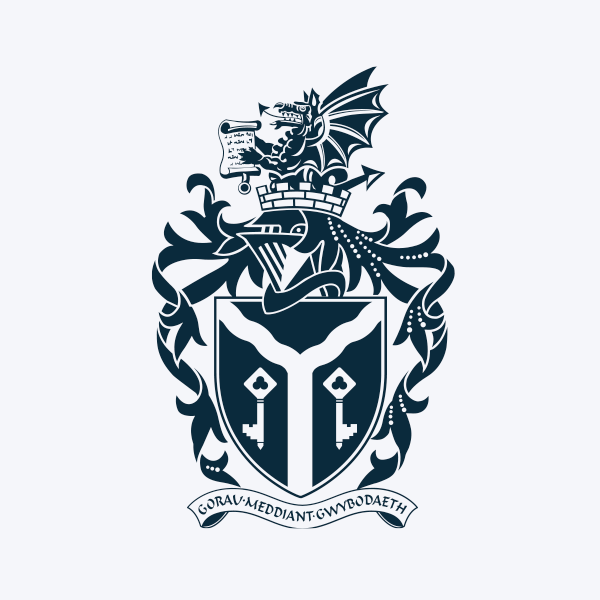
Dr Hasan Kahtan
Senior Lecturer in Software Engineering
Cardiff School of Technologies
Overview
Hasan Kahtan is a Senior Lecturer in Software Engineering at the Department of Applied Computing and Engineering, Cardiff School of Technologies, Cardiff Metropolitan University. Hasan is a committed lecturer with over ten years of teaching, learning, and research experience at high-ranking academic institutions (University of Malaya, Universiti Malaysia Pahang, National University of Malaysia, and Universiti Teknologi MARA). He is possessing excellent administrative and effective teaching approaches that promote a stimulating learning environment and engage students in active critical thinking. Hasan has a strong interest in academic research and publications.
Hasan received his bachelor’s degree in computer science from the University of Baghdad, Iraq, in 2005. The Universiti Teknologi MARA, Malaysia, awarded him a master’s degree in computer science and software engineering in 2010 and a Doctor of Philosophy Degree in software engineering and software security in 2014.
Research Publications
A Combination Technique for Requirement Interdependency in Prioritization: A Case Study of Fall Scenario
Rusli, S. N., Bakar, R. A., Hamid, S. S. B. A. & Kahtan, H., 12 Jan 2026, 2025 IEEE 9th International Conference on Software Engineering & Computer Systems (ICSECS). Institute of Electrical and Electronics Engineers Inc., p. 62-67 6 p.Research output: Chapter in Book/Report/Conference proceeding › Conference contribution › peer-review
Hybrid CNN and LSTM Model for Early Detection of Breast Cancer Using Histopathology Images
Khan, K., Awang, S., Yusob, B., Sah, S. B. M. & Kahtan, H., 12 Jan 2026, 2025 IEEE 9th International Conference on Software Engineering & Computer Systems (ICSECS). Institute of Electrical and Electronics Engineers Inc., p. 120-125 6 p.Research output: Chapter in Book/Report/Conference proceeding › Conference contribution › peer-review
Vehicle Type Recognition using an Efficient Regularization in Mask_RCNN
Misman, N., Awang, S., Khalaf, M. & Kahtan, H., Jan 2026, In: International Arab Journal of Information Technology. 23, 1, p. 13-24 12 p.Research output: Contribution to journal › Article › peer-review
A Comprehensive Review of Using WSNs and Drones for Improving Crop Production in Precision Agriculture
Al‐Ani, N. M. K., Gharghan, S. K., Al‐Abbasi, Z. Q. & Kahtan, H., 7 Dec 2025, In: IET Wireless Sensor Systems. 15, 1, e70019.Research output: Contribution to journal › Review article › peer-review
Cross-technology cloud offloading model
Al-Ahmad, A. S., Shrestha, A., Ali, O. & Kahtan, H., 2 Dec 2025, In: Journal of Cloud Computing. 14, 1, 74.Research output: Contribution to journal › Article › peer-review
Designing Inclusive AI Learning Tools: Insights from Women in Tech on AI-Augmented Creativity for Equitable Computing
Porhonar, P., Carroll, F., Thorne, S. & Kahtan, H., 13 Nov 2025, p. 540-549. 10 p.Research output: Contribution to conference › Paper › peer-review
Mobility challenges and issues in unmanned aerial vehicle (UAV) path planning: A systematic review
Mannan, A., Kahtan, H., Mustafa, M. B., Ahmad, R., Abdulhak, M. & Atiquzzaman, M., 20 Oct 2025, In: Computer Networks. 273, 111766.Research output: Contribution to journal › Review article › peer-review
Evaluating Generative AI for HTML Development
Alahmad, A. S. & Kahtan, H., 1 Oct 2025, In: Technologies. 13, 10, p. 445 1 p., 445.Research output: Contribution to journal › Article › peer-review
A comprehensive review of machine learning and deep learning techniques for intraclass variability breast cancer recognition
Khan, K., Awang, S., Talab, M. A. & Kahtan, H., 12 Jun 2025, In: Franklin Open. 11, 100296.Research output: Contribution to journal › Review article › peer-review
A cyber physical sustainable smart city framework toward society 5.0: Explainable AI for enhanced SDGs monitoring
Hassan, A. H., Ahmed, E. M., Hussien, J. M., Sulaiman, R. B., Abdulhak, M. & Kahtan, H., 22 Feb 2025, In: Research in Globalization. 10, 100275.Research output: Contribution to journal › Article › peer-review